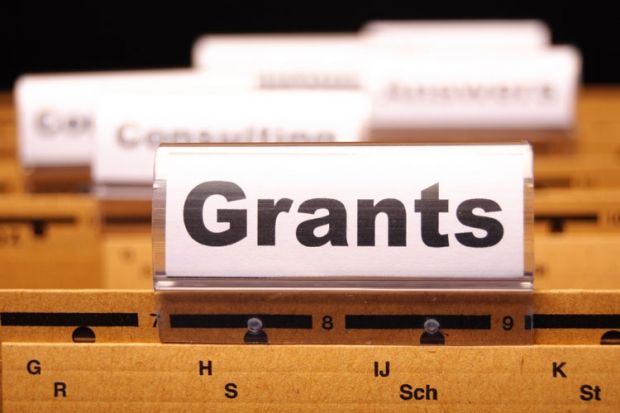Leverhulme Trust
Research Project Grants
Sciences
- Award winner: Nikitas Gidopoulos
- Institution: Durham University
- Value: £184,351
Progress in Kohn Sham electronic structure theory from a wave function approach
- Award winner: Gavin Foster
- Institution: University of Southampton
- Value: £262,470
The nature and consequences of historic and future ocean acidification; insights from boron isotopes in corals
- Award winner: Eli Zysman-Colman
- Institution: University of St Andrews
- Value: £319,908
Blue-emitting TADF materials for OLEDs based on a Lewis acid-containing acceptor
Humanities
- Award winner: George Tsoulas
- Institution: University of York
- Value: £134,267
Plural mass nouns as a window to linguistic variation
Engineering and Physical Sciences Research Council
Research grants
- Award winner: Karen Edler
- Institution: University of Bath
- Value: £949,836
New enzymatically produced interpenetrating starch-cellulose gels
- Award winner: Catherine Holloway
- Institution: University College London
- Value: £99,424
Power-up! Fuelling a new generation of assistive technologies
- Award winner: Kumar Patchigolla
- Institution: Cranfield University
- Value: £101,215
CO2 shipping-compression, liquefaction and dehydration (CO2 LIQUID)
Economic and Social Research Council
Research grants
- Award winner: Stephen Gorard
- Institution: Durham University
- Value: £132,288
The kinds of poverty in schools and their impact on student progress
- Award winner: Idalmis Santiesteban
- Institution: University of Cambridge
- Value: £281,626
Delineating self-other processes in social cognition: insights from neuropsychology and brain stimulation
In detail
Award winner: Gillian Rose
Institution: Open University
Value: £750,000
Smart cities in the making: learning from Milton Keynes
This project will study the impact and engagement of “smart cities”. Smart cities use data from digital technologies to enhance sustainability, economic growth and openness. With more than half of UK cities undertaking smart projects, the team hopes that the findings will ensure smart city developments are accessible to as many people as possible. This study will focus on Milton Keynes and will explore what kinds of users, citizens and consumers are likely to be embraced by smart policies, technologies and visions. “Although local community and citizen participation is a prerequisite for a successful smart city, almost nothing is known about how smart policies and technologies actually engage city residents and workers,” said Gillian Rose, project lead and professor of cultural geography at the Open University. “Who are smartphone apps designed for and what social needs do they ignore? What kind of populations are described by smart data hubs, and who do policies using such data therefore address? Many are concerned that smart activity may well not reach socially marginalised groups and individuals, for example, and that it might therefore contribute to increased levels of social polarisation in cities between the digital ‘haves’ and ‘have-nots’.” The project will allow the researchers the opportunity to answer these questions.
